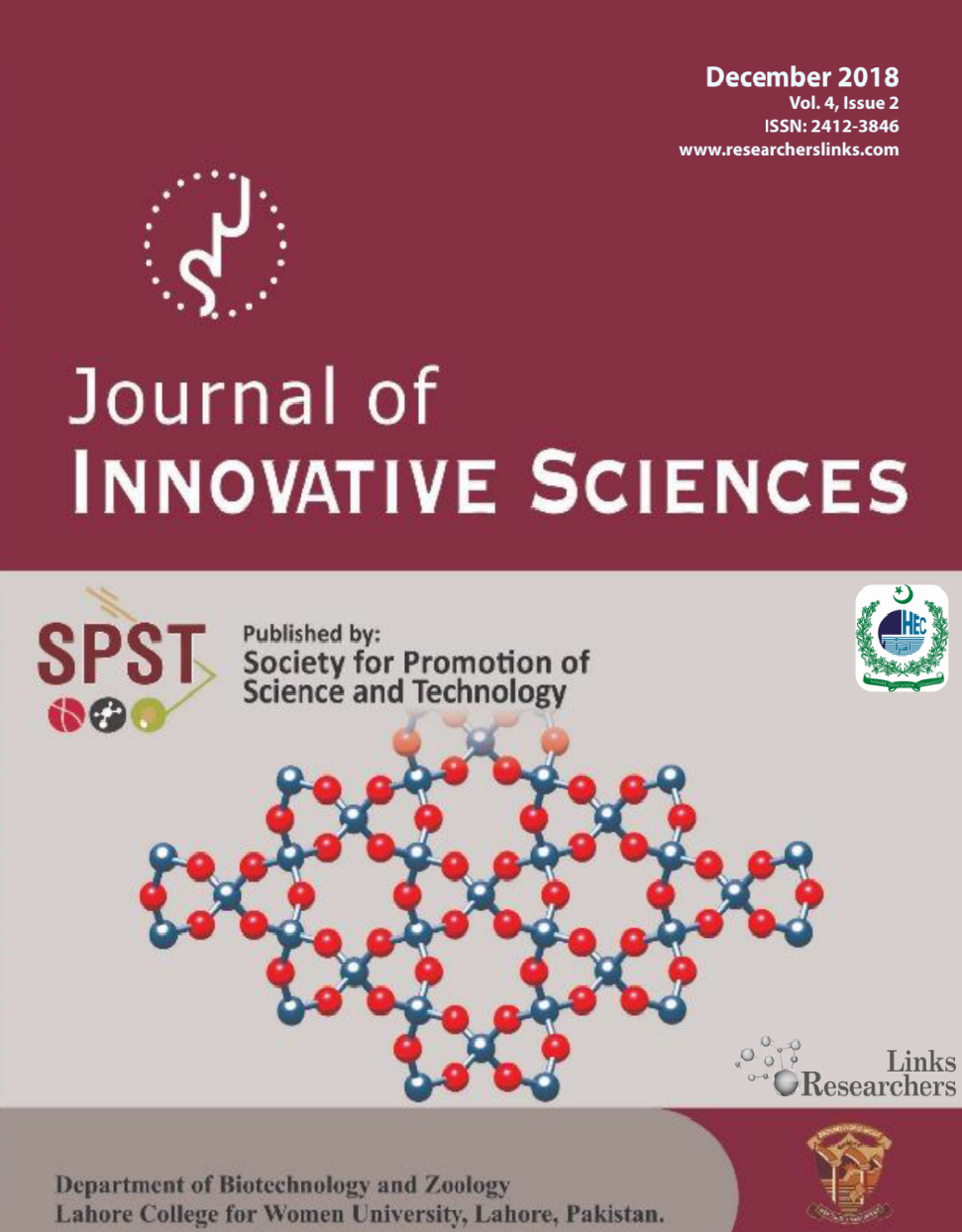Efficacy of Plant Extracts and Selective Insecticides Against Wheat Aphid in Faisalabad, Pakistan
Efficacy of Plant Extracts and Selective Insecticides Against Wheat Aphid in Faisalabad, Pakistan
Usama Saleem1, Muhammad Asrar1*, Dilbar Hussain2, Saddam Hussain1, Abdul Ghaffar2, Hassan Usman1, Muhammad Imran1, Mubshar Saleem3 and Maryam Hamid1
ABSTRACT
Wheat aphid is a crop-damaging bug. It causes significant damage by sucking cell sap, injecting a poison into the plant, eliminating photo-assimilates, and spreading plant-destroying viruses. This study aimed to investigate the effectiveness of botanical extracts and synthetic insecticides in combating wheat aphids. Data regarding the aphid population was recorded 24, 48, 72, and 168 hours after the application of plant extracts and insecticides. Maximum mortality recorded after 168 hours was, 85.06% and 79.29% by Neem and Eucalyptus leaf extract followed by 72 hours 72.29% and 71.69%, 48 hours 63.35% and 62.45% and 24 hours 48.91% and 48.68% respectively. Among the botanical extracts, Neem leaf extract was more effective as compared to the Eucalyptus leaf extract and a significant difference between the treated and control plot was recorded. Carbosulfan and Imidacloprid showed 76.80% and 75.62% mortality followed by 84.40% and 84.08%, 91.35% and 90.53% and 95.39% and 93.85% after 48, 72 and 168 hours respectively. Carbosulfan and Imidacloprid similarly greatly reduced the aphid population in compared to the control, but no significant difference was seen between the two treatments. Based on the results, it is stated that botanicals provide cost-effective and ecologically friendly alternatives to wheat aphid control and that they should be incorporated into an integrated management approach.
To share on other social networks, click on any share button. What are these?




